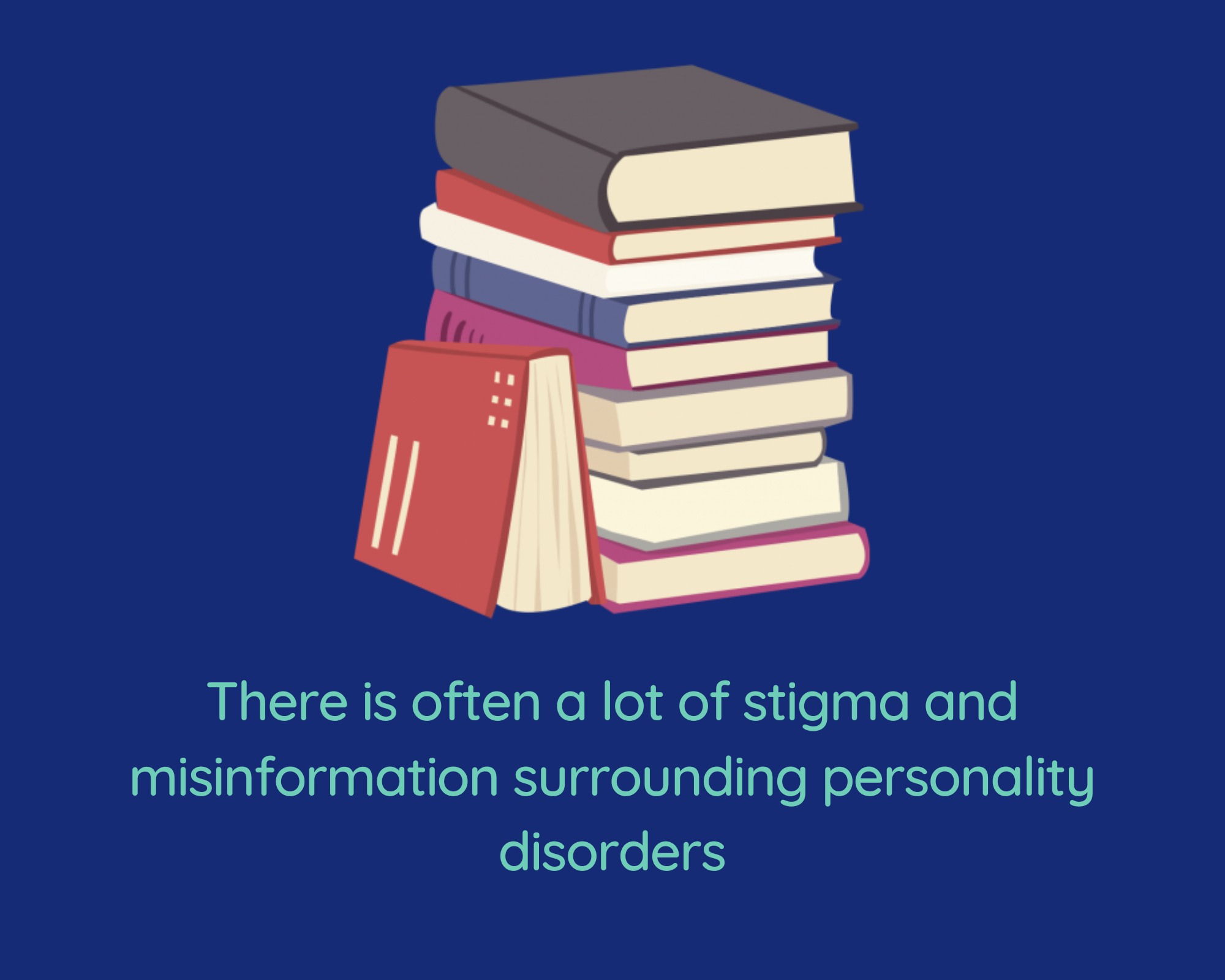BPD demonized: explanation?

What is bpd (borderline personality disorder)?
Borderline personality disorder (BPD) is a mental illness that affects how a person feels about themselves, how they relate to others, and how they behave. People with BPD often have difficulty controlling their emotions, which can lead to impulsive and self-destructive behaviors.
Is BPD a mental illness?
While there is some debate over whether or not BPD should be considered a mental illness, the majority of experts agree that it is a legitimate diagnosis. BPD is included in the Diagnostic and Statistical Manual of Mental Disorders (DSM-5), which is used by mental health professionals to diagnose mental illnesses.
What causes BPD?
Like in many other personality disorders, the exact cause of BPD is unknown, but it is thought to be caused by a combination of genetic and environmental factors. People with BPD often have a history of trauma or substance abuse, which may contribute to the development of the disorder.
What are the symptoms of BPD?
People with BPD may experience a wide range of symptoms, which can make the disorder difficult to diagnose. Some common BPD symptoms include:
- Intense fear of abandonment
- Rapid changes in mood
- Impulsive and self-destructive behaviors
- Emotional dysregulation
- Unstable relationships
- Feelings of emptiness or boredom
- Suicidal thoughts or behaviors
How is Borderline personality disorder diagnosed?
Mental health professionals, such as a psychiatrists or psychologists use nine diagnostic criteria to determine if someone meets the criteria for BPD. The diagnosis is made based on a clinical evaluation, which takes into account the person's symptoms, medical history, and family history.
How is BPD treated?
There is no one-size-fits-all treatment for borderline personality disorder, but there are various therapies that can be effective in managing the symptoms of the disorder. These include:
- Psychotherapy: This is a type of therapy that can help people with BPD learn to manage their emotions and improve their relationships.
- Dialectical behavior therapy (DBT): This is a type of therapy that focuses on helping people with BPD develop skills to cope with their emotions and improve their relationships.
- Medication: There are no medications specifically approved for the treatment of borderline personality disorder, but some medications can be used to treat certain symptoms, such as depression or anxiety. A mental health professional can prescribe it.
Why mental health issues like BPD are often demonized?

Because there is not much education about personality disorders
There is often a lot of stigma and misinformation surrounding personality disorders. This can lead to people with mental disorders being demonized, or seen as dangerous or evil. This is particularly true for borderline personality disorder, which is often seen as one of the most "difficult" and "dangerous" mental illnesses.
Because mental health issues are seen as taboo
Mental illness is still seen as taboo in many parts of the world, and this can lead to fear and stigma. People with mental illnesses like borderline personality disorder are often seen as dangerous or unpredictable, which can make it difficult for them to get the help and support they need.

Because personality disorders are misunderstood
Mental health issues are often demonized because they are misunderstood. People with mental illnesses are often seen as dangerous, unpredictable, and untrustworthy. This is particularly true of BPD, which is often seen as one of the most dangerous mental illnesses. In reality, people with BPD are no more likely to be violent than anyone else
Because it is seen as personal weaknesses or character flaws
This can lead to people with BPD being seen as manipulative, attention-seeking, or simply crazy. The stigma surrounding BPD can make it difficult for people to seek help, as they may be afraid of being judged or misunderstood.
















